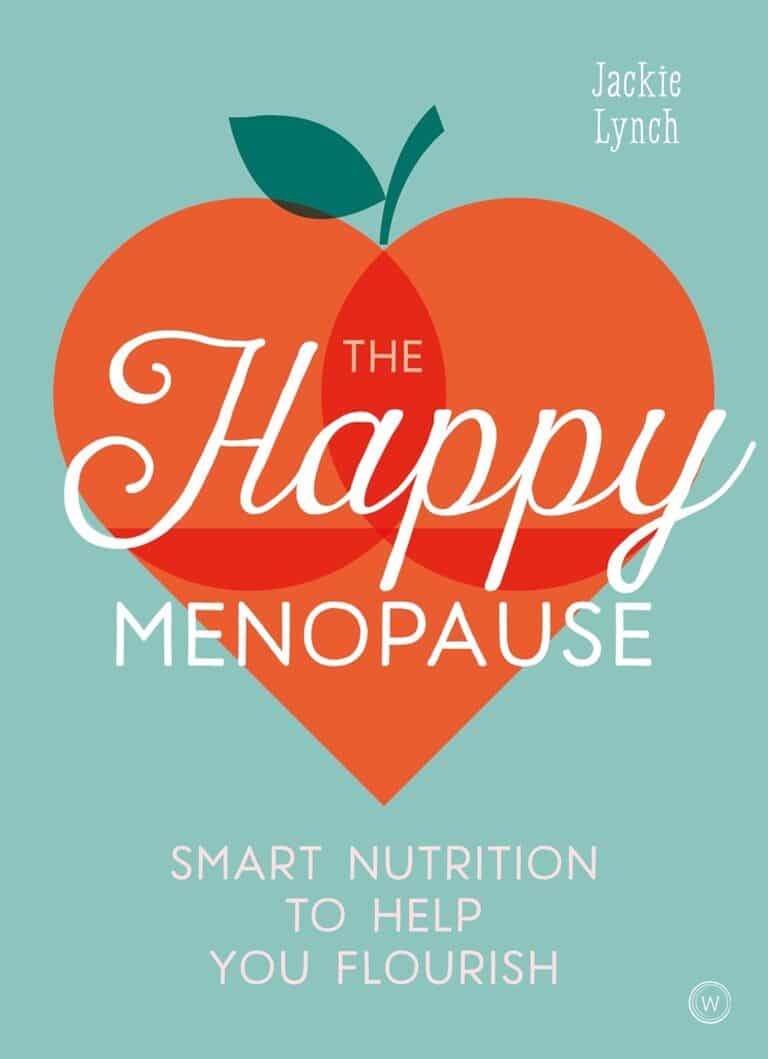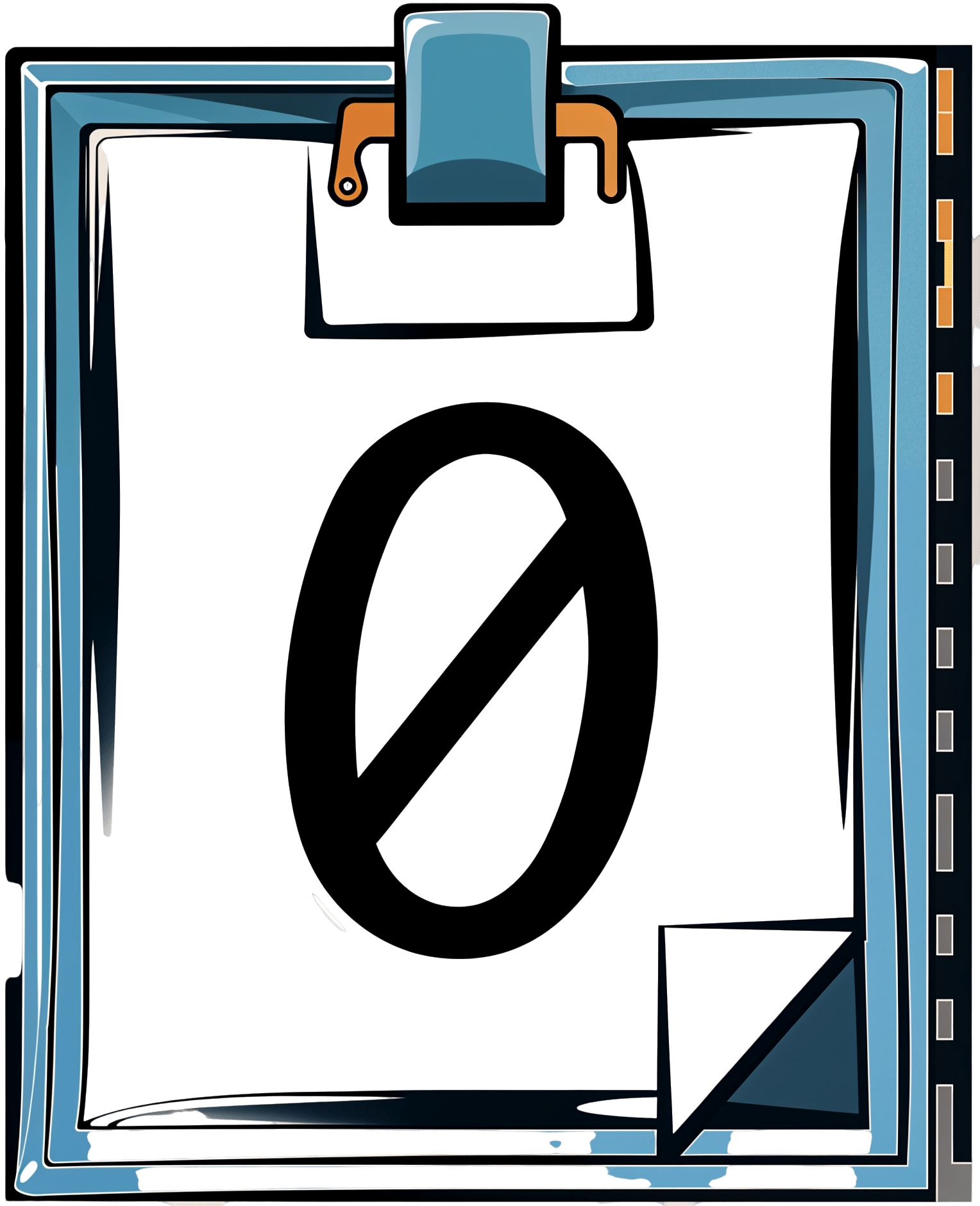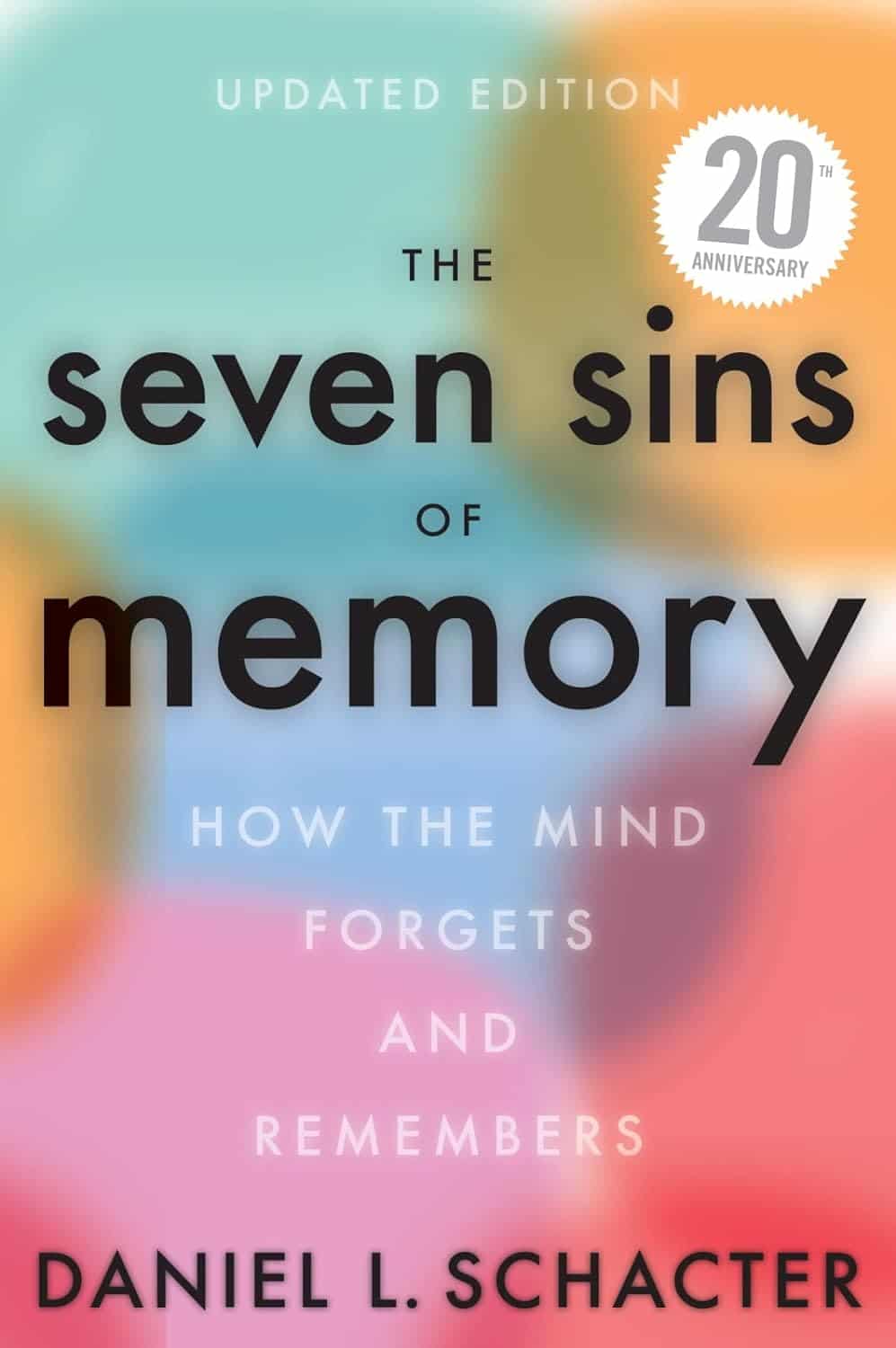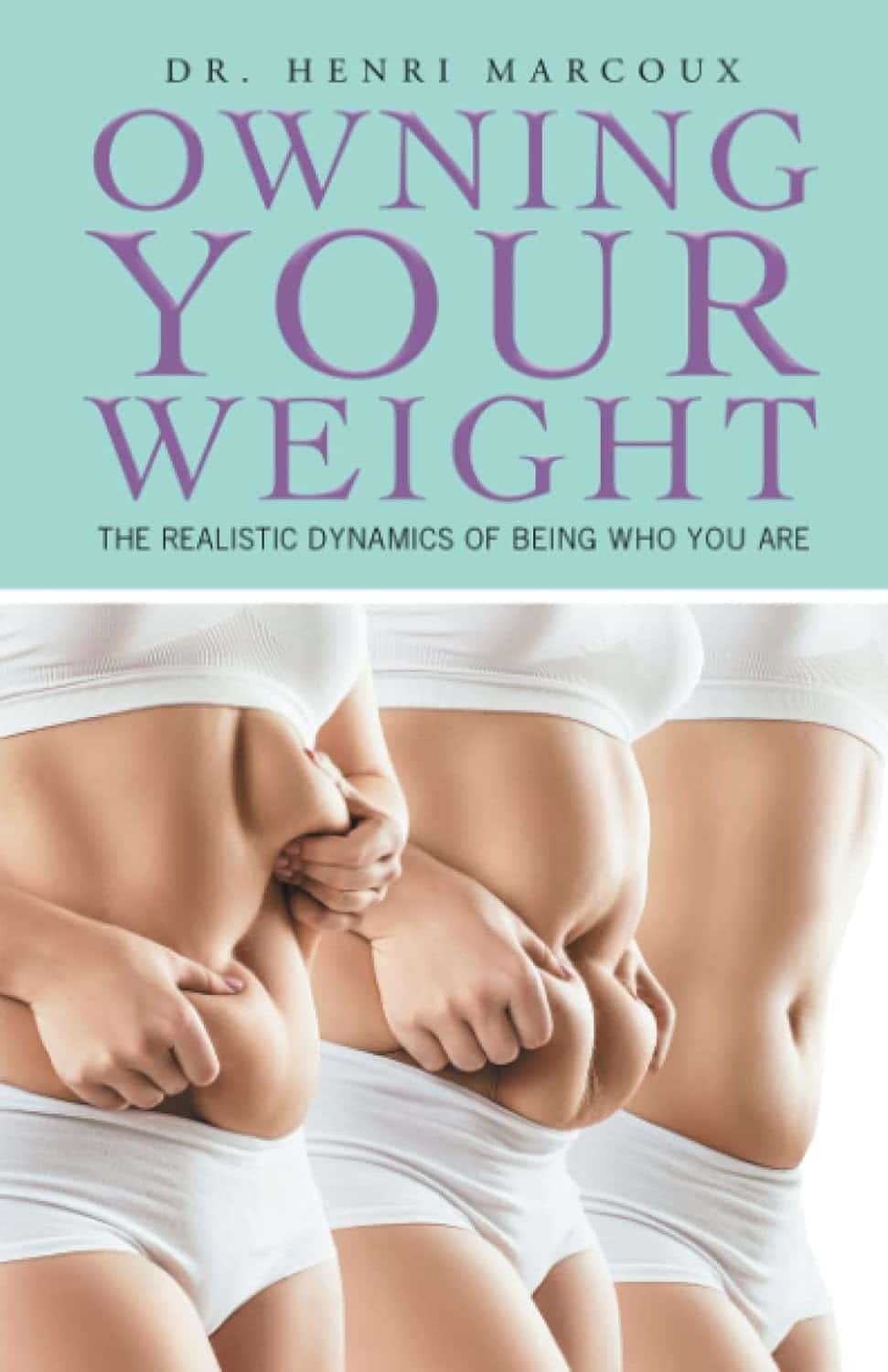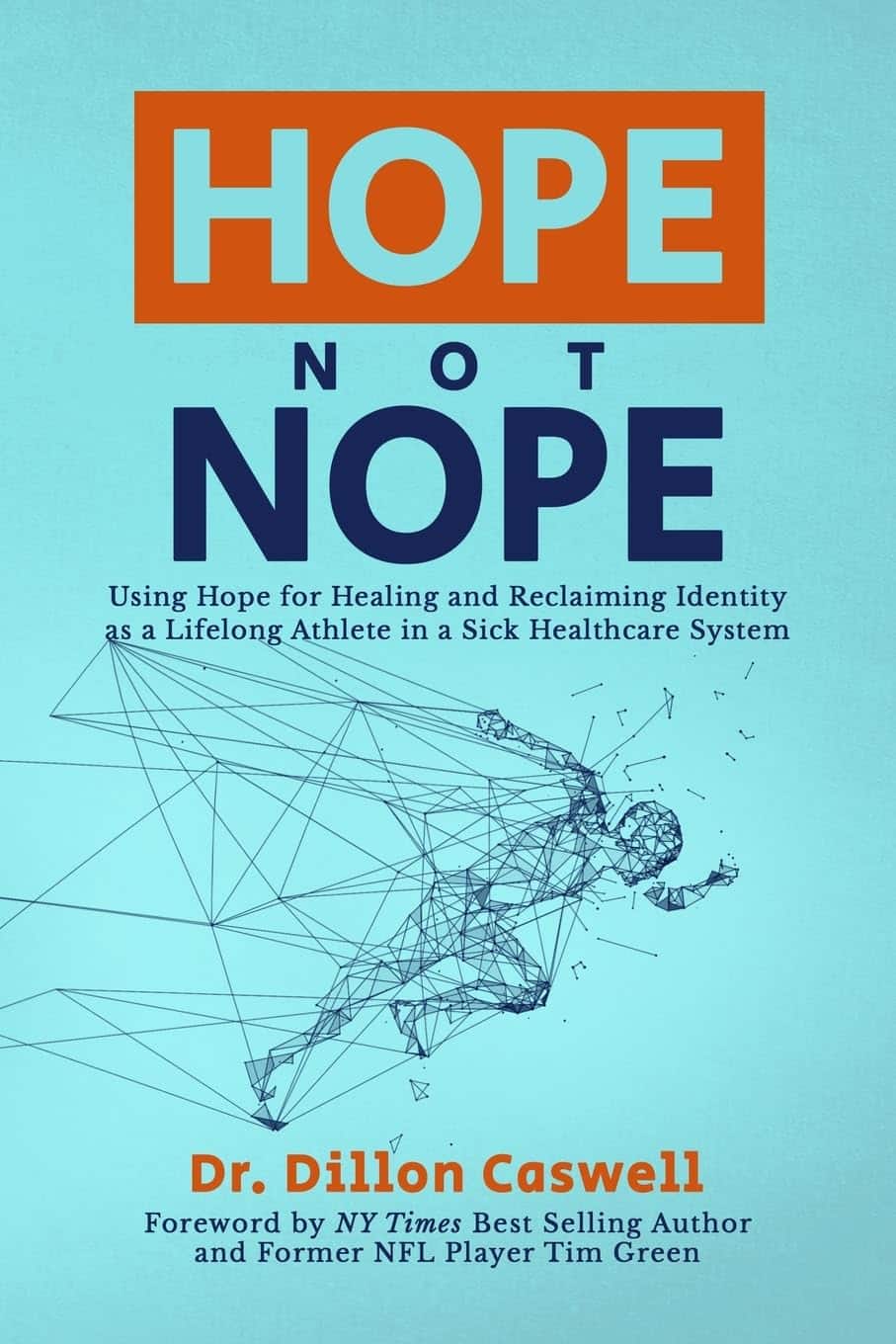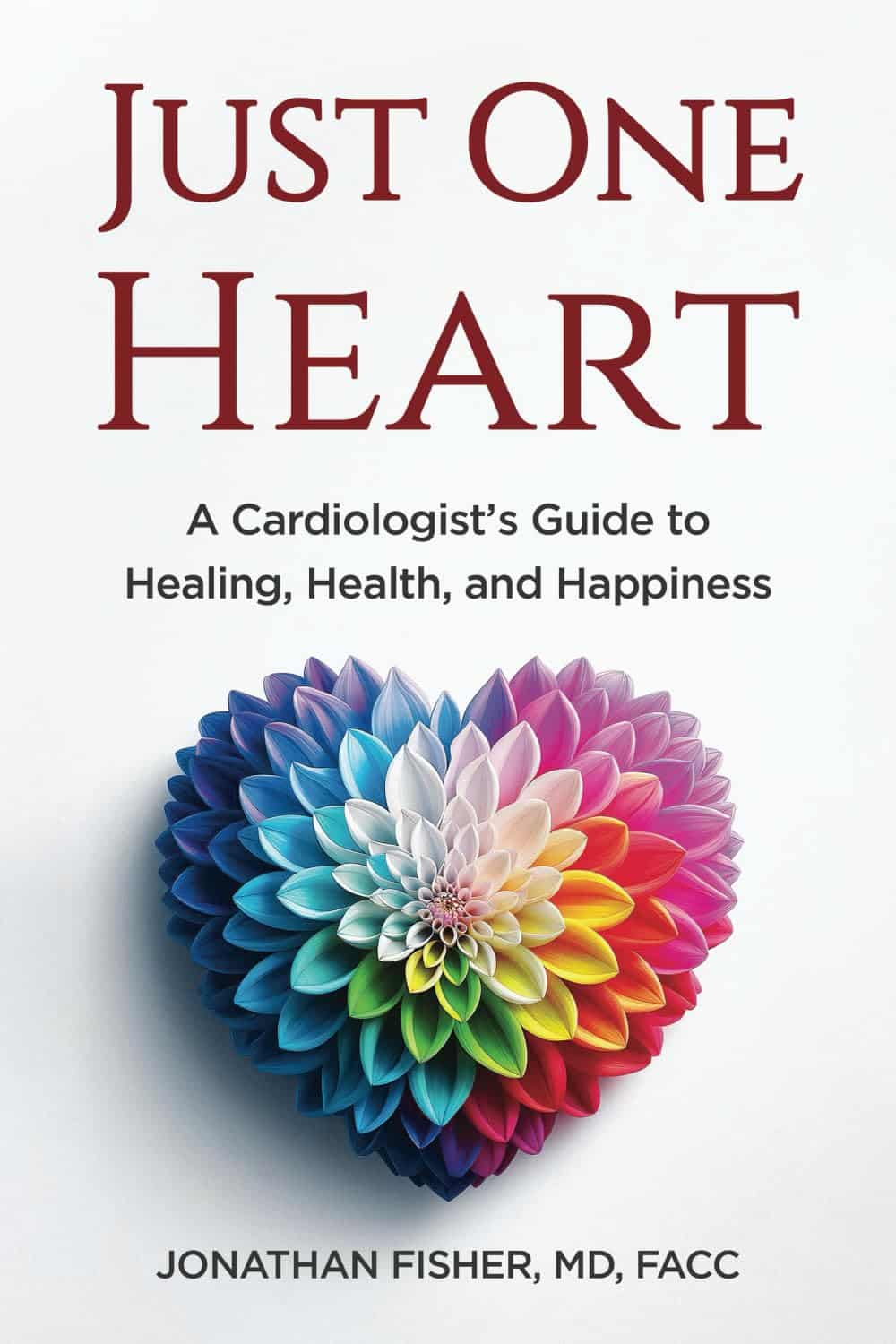
Just One Heart – by Dr. Jonathan Fisher
10almonds is reader-supported. We may, at no cost to you, receive a portion of sales if you purchase a product through a link in this article.
First, what this is not: a book to say eat fiber, go easy on the salt, get some exercise, and so forth.
What this rather is: a book about the connection between the heart and mind; often written poetically, the simple biological reality is that our emotional state does have a genuine impact on our heart health, and as such, any effort to look after our heart (healthwise) would be incomplete without an effort to look after our heart (emotionally).
Dr. Fisher talks about the impact of stress and uncertainty, as well as peace and security, on heart health—and then, having sorted emotional states into “heart breakers” and “heart wakers”, he goes about laying out a plan for what is, emotionally and thus also physiologically, good for our heart.
Chapter by chapter, he walks us through the 7 principles to live by:
- Steadiness: how to steady your heart amid chaos
- Wisdom: how to develop a wise heart in uncertain times
- Openness: how to safely open your heart in a threatening world
- Wholeness: how to show up with your whole heart without going to pieces
- Courage: how to lead with a courageous heart when fear surrounds you
- Lightness: how to live with a light heart in a heavy world
- Warmth: how to love with a warm heart when life feels cold
The style is anything but clinical; it’s well-written, certainly, and definitely informed in part by his medical understanding of the heart, but it’s entirely the raw human element that shines throughout, and that makes the ideas a lot more tangible.
Bottom line: if you’d like your heart to be healthy (cardiac health) and your heart to be healthy (emotional health), this book is a very worthwhile read.
Click here to check out Just One Heart, and take care of yours!
Don’t Forget…
Did you arrive here from our newsletter? Don’t forget to return to the email to continue learning!
Recommended
Learn to Age Gracefully
Join the 98k+ American women taking control of their health & aging with our 100% free (and fun!) daily emails:
-
Using the”Task Zero” approach
10almonds is reader-supported. We may, at no cost to you, receive a portion of sales if you purchase a product through a link in this article.
“Jonathan Frakes Asks You Things” Voice:
- Do you ever find yourself in a room and wonder what you’re doing there?
- Or set about a to-do list, but get quickly distracted by side-quests?
- Finally get through to a person in a call center, they ask how they can help, and your mind goes blank?
- Go to the supermarket and come out with six things, none of which were the one you came for?
This is a “working memory” thing and you’re not alone. There’s a trick that can help keep you on track more often than not:
Don’t try to overburden your working memory. It is very limited (this goes for everyone to a greater or lesser degree). Instead, hold only two tasks at once:
- Task zero (what you are doing right now)
- Task one (your next task)
When you’ve completed task zero, task one becomes the new task zero, and you can populate a new task one from your to-do list.
This way, you will always know what you’re doing right now, and what you’re doing next, and your focus will be so intent on task zero, that you will not get sidetracked by task seventeen!
Happy focusing
Share This Post
-
The Seven Sins Of Memory – by Dr. Daniel Schacter
10almonds is reader-supported. We may, at no cost to you, receive a portion of sales if you purchase a product through a link in this article.
As we get older, we often become more forgetful—despite remembering many things clearly from decades past. Why?
Dr. Daniel Shacter takes us on a tour of the brain, and also through evolution, to show how memory is not just one thing, but many. And furthermore, it’s not just our vast memory that’s an evolutionary adaptation, but also, our capacity to forget.
He does also discusses disease that affect memory, including Alzheimer’s, and explores the biological aspects of memory too.
The “seven sins” of the title are seven ways our (undiseased, regular) memory “lets us down”, and why, and how that actually benefits us as individuals and as a species, and/but also how we can modify that if we so choose.
The book’s main strength is in how it separates—or bids us separate for ourselves—what is important to us and our lives and what is not. How and why memory and information processing are often at odds with each other (and what that means for us). And, on a practical note, how we can tip the scales for or against certain kinds of memory.
Bottom line: if you’d like to better understand human memory in all its glorious paradoxes, and put into place practical measures to make it work for you the way you want, this is a fine book for you.
Click here to check out The Seven Sins of Memory, and get managing yours!
Share This Post
-
Eat Move Sleep – by Tom Rath
10almonds is reader-supported. We may, at no cost to you, receive a portion of sales if you purchase a product through a link in this article.
The subtitle of this book, “how small choices lead to big changes“, is very much the idea that a lot of what we do here at 10almonds is about.
And the title itself, “Eat Move Sleep”? Well, that’s 3/5 of The Usual Five Things™ that we promote here (the other two being: reduce or eliminate alcohol, and don’t smoke). So, naturally this book got our attention.
One of the key ideas that Rath presents is that every action we take leads to a net gain or loss in health. The question then is: what are the biggest point-swingers? In other words, what are the places in our life where the smallest changes can make the biggest difference?
Rath looks at what parts of diet make the biggest difference to our health, and the findings there alone probably make reading the book worthwhile.
When it comes to movement, he actually flips this! For Rath, it’s less about how much exercise you get, and more about minimizing how long we spend not moving… And especially, minimizing how long we spend sitting. So, lots of little tweaks for that.
In the category of sleep: a key idea is that quality is as important as quantity, and there’s an aspect of bringing together as a synergistic routine. To finish off a productive day with good rest, and power up ready for the next morning.
In short: tying these items together—and focusing on the smallest choices that lead to the biggest changes—makes for quite a manifesto that we could describe as “Atomic Habits, for health specifically”.
Share This Post
Related Posts
-
Owning Your Weight – by Henri Marcoux
10almonds is reader-supported. We may, at no cost to you, receive a portion of sales if you purchase a product through a link in this article.
A lot of diet books—which this isn’t—presuppose that the reader wants to lose weight, and varyingly encourage and shame the reader into trying to do so.
Dr. Henri Marcoux takes a completely different approach.
He starts by assuming we are—whether consciously or not—the weight we want to be, and looks at the various physical and psychological factors that influence us to such. Ranging from food poverty to eating our feelings to social factors and more, he bids us examine our relationship with food and eating—not just in the sense of mindful eating, but from multiple scientific angles too.
From this, Dr. Marcoux gives us questions and suggestions to ensure that our relationship with food and eating is what we want it to be, for us.
Much of the latter part of the book covers not just how to go about the requisite lifestyle changes… But also how to implement things in a way that sticks, and is a genuine pleasure to implement. If this sounds over-the-top, the truth is that it’s just because it honestly is a lower-stress way of living.
Bottom line: if you want to gain or lose weight, there’s a good chance this book will help you. If you want to be happier and healthier at the weight you are, there’s a good chance this book will help you with that, too.
Click here to check out Owning Your Weight, and take control of yours!
Don’t Forget…
Did you arrive here from our newsletter? Don’t forget to return to the email to continue learning!
Learn to Age Gracefully
Join the 98k+ American women taking control of their health & aging with our 100% free (and fun!) daily emails:
-
In the Realm of Hungry Ghosts – by Dr. Gabor Maté
10almonds is reader-supported. We may, at no cost to you, receive a portion of sales if you purchase a product through a link in this article.
We’ve reviewed books by Dr. Maté before, and this one’s about addiction. We’ve reviewed books about addiction before too, so what makes this one different?
Wow, is this one so different. Most books about addiction are about “beating” it. Stop drinking, quit sugar, etc. And, that’s all well and good. It is definitely good to do those things. But this one’s about understanding it, deeply. Because, as Dr. Maté makes very clear, “there, but for the grace of epigenetics and environmental factors, go we”.
Indeed, most of us will have addictions; they’re (happily) just not too problematic for most of us, being either substances that are not too harmful (e.g. coffee), or behavioral addictions that aren’t terribly impacting our lives (e.g. Dr. Maté’s compulsion to keep buying more classical music, which he then tries to hide from his wife).
The book does also cover a lot of much more serious addictions, the kind that have ruined lives, and the kind that definitely didn’t need to, if people had been given the right kind of help—instead of, all too often, they got the opposite.
Perhaps the greatest value of this book is that; understanding what creates addiction in the first place, what maintains it, and what help people actually need.
Bottom line: if you’d like more insight into the human aspect of addiction without getting remotely wishy-washy, this book is probably the best one out there.
Don’t Forget…
Did you arrive here from our newsletter? Don’t forget to return to the email to continue learning!
Learn to Age Gracefully
Join the 98k+ American women taking control of their health & aging with our 100% free (and fun!) daily emails:
-
Hope Not Nope – by Dr. Dillon Caswell
10almonds is reader-supported. We may, at no cost to you, receive a portion of sales if you purchase a product through a link in this article.
The author a Doctor of Physical Therapy, writes from both professional expertise and personal experience, when it comes to the treatment of long term injury / disability / chronic illness.
His position here is that while suffering is unavoidable, we don’t have to suffer as much or as long as many might tell us. We can do things to crawl and claw our way to a better position, and we do not have to settle for any outcome we don’t want. That doesn’t mean there’s always a miracle cure—we don’t get to decide that—but we do get to decide whether we keep trying.
Dr. Caswell’s advice is based mostly in psychology—a lot of it in sports psychology, which is no surprise given his long history as an athlete as well as his medical career.
The style is very easy-reading, and a combination of explanation, illustrative (often funny) anecdotes, and a backbone of actual research to keep everything within the realms of science rather than mere wishful thinking—he strikes a good balance.
Bottom line: if your current health outlook is more of an uphill marathon, then this book can give you the tools to carry yourself through the healthcare system that’s been made for numbers, not people.
Don’t Forget…
Did you arrive here from our newsletter? Don’t forget to return to the email to continue learning!
Learn to Age Gracefully
Join the 98k+ American women taking control of their health & aging with our 100% free (and fun!) daily emails:

